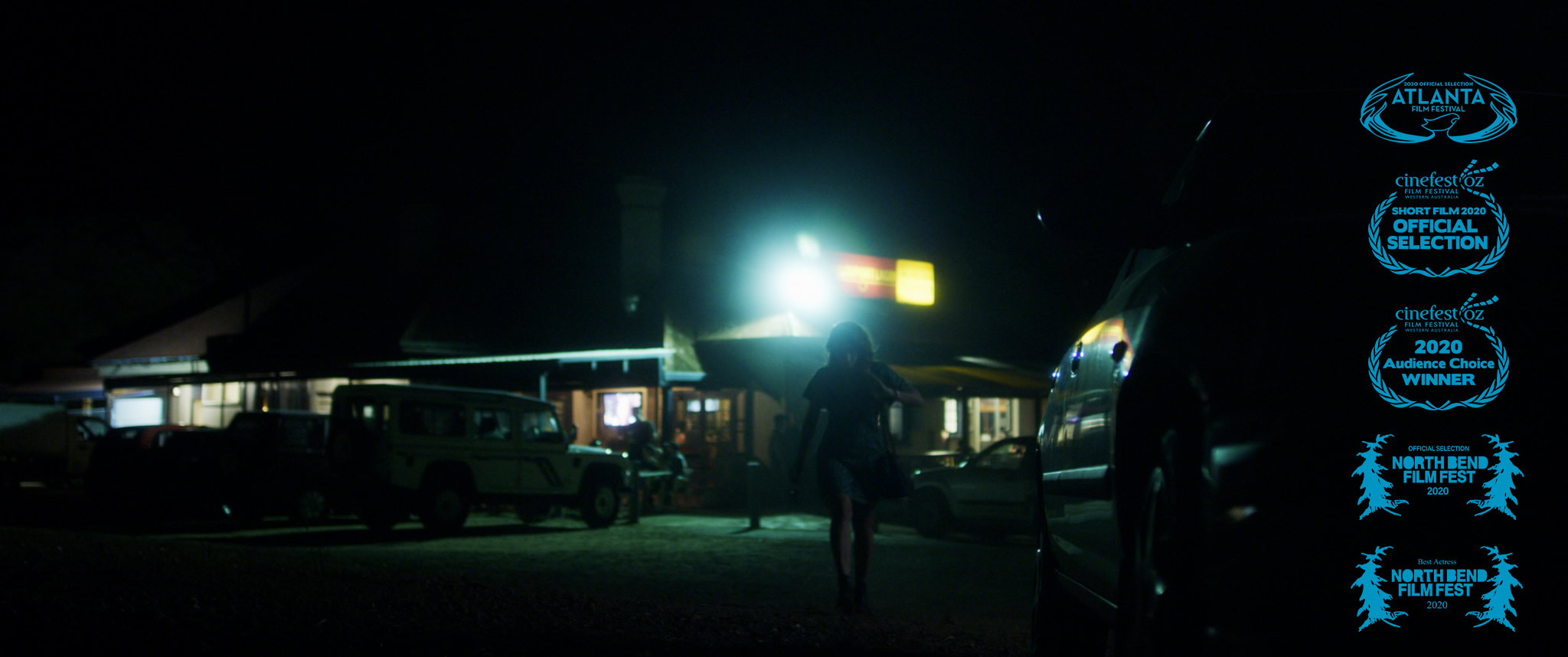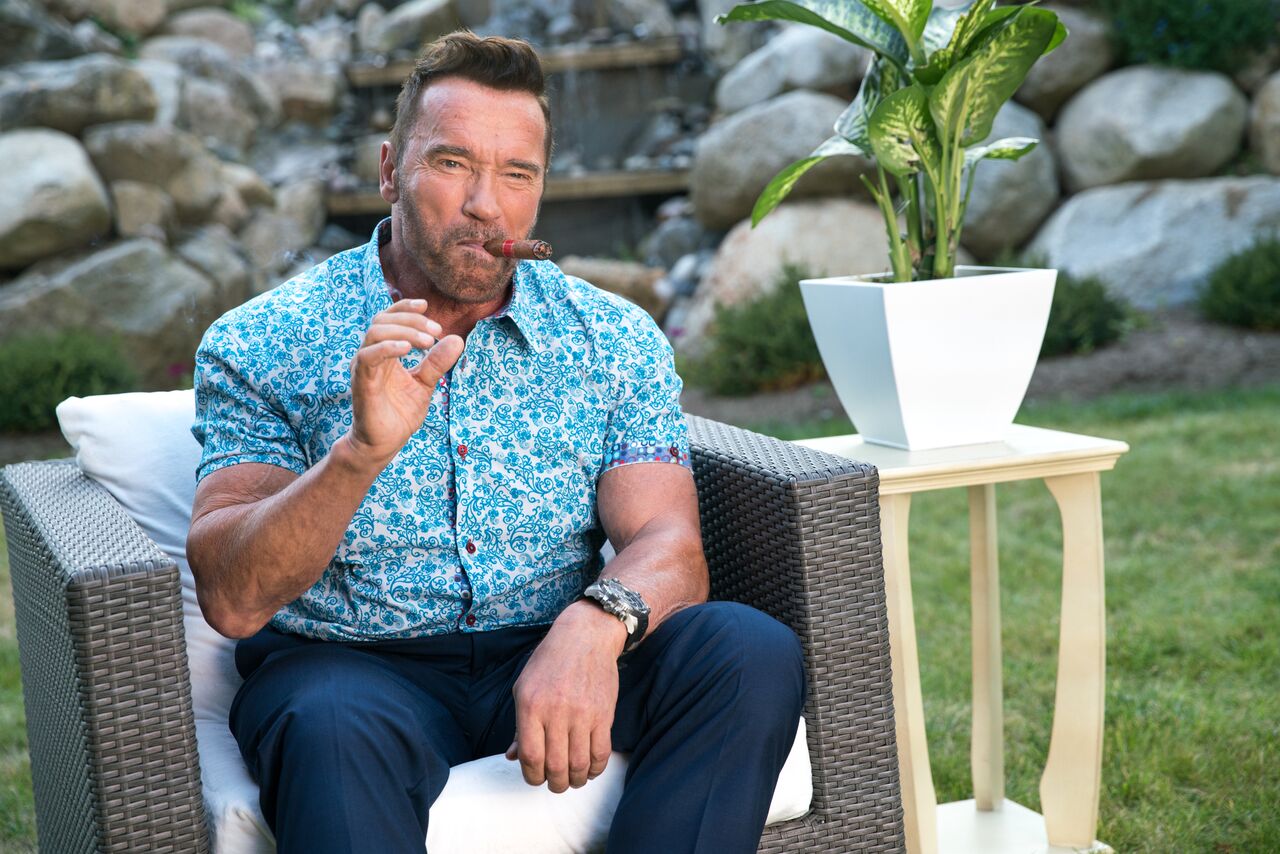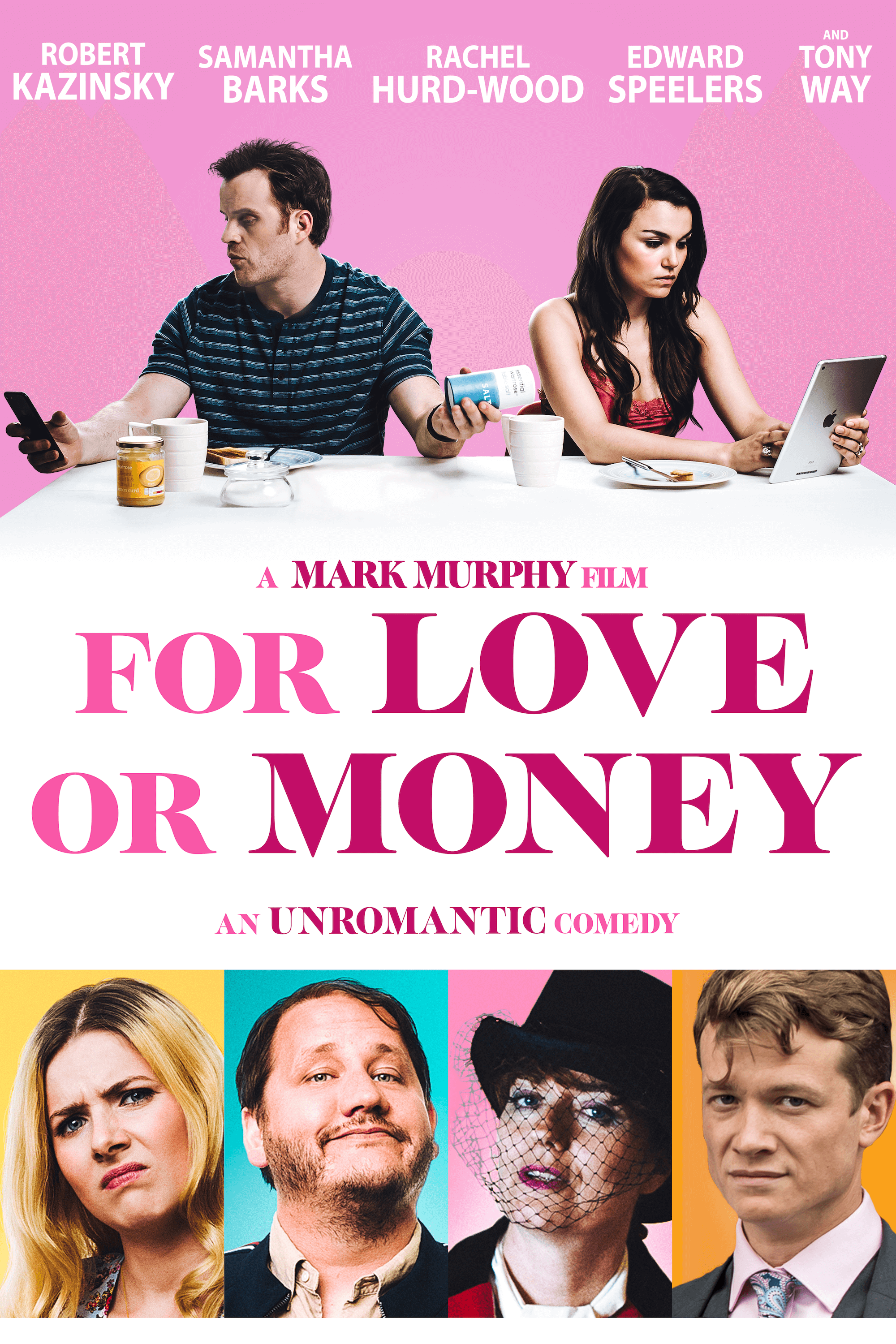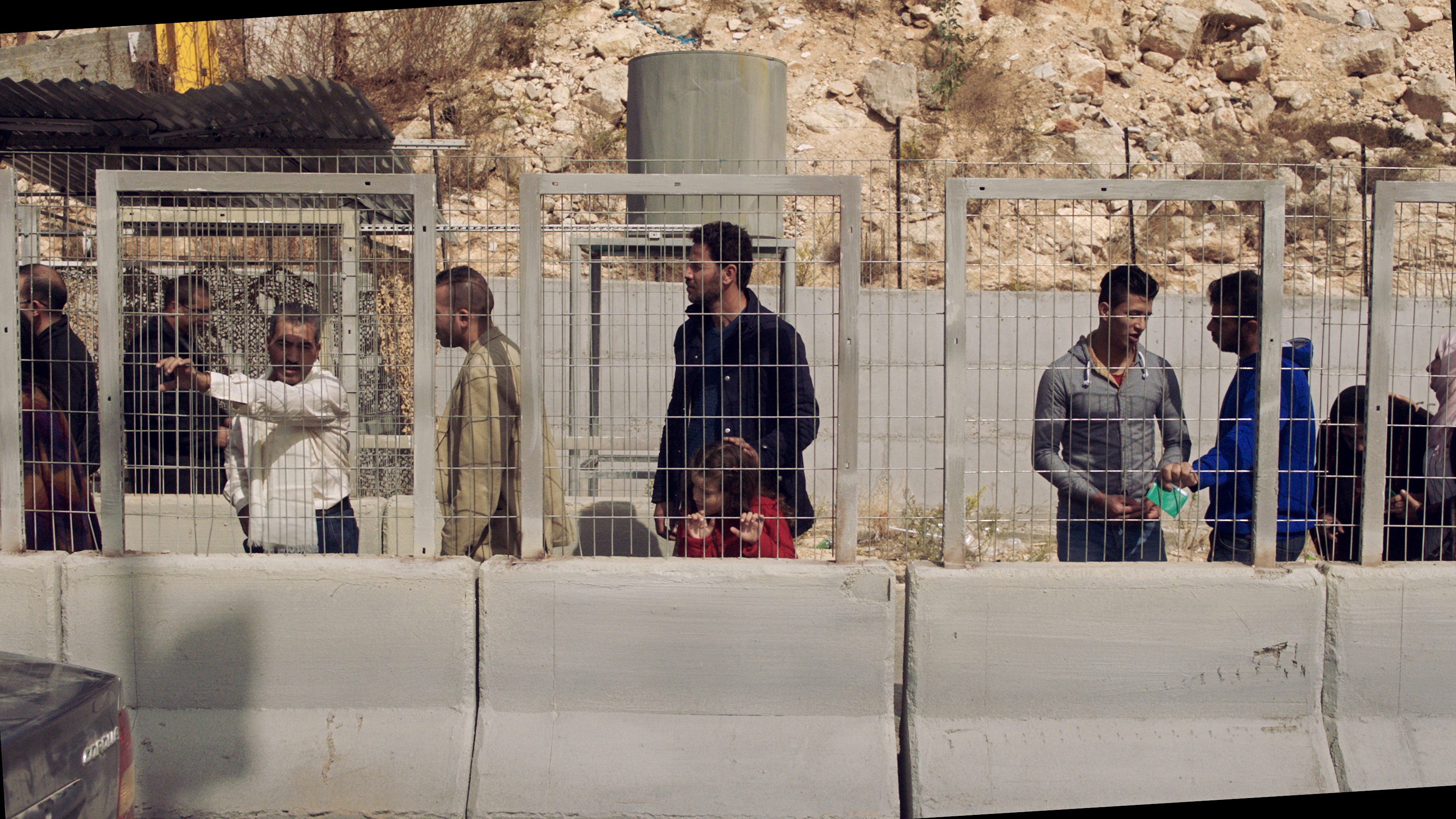A few weeks ago we had a possibility to review an Australian short film “Abduction”, which has been inspired by real events and a mix of personal experience, memories, and science-fiction. The short film has already won the Audience Choice Award at the Australian CinefestOz Film Festival. This time we had a pleasure speaking with Director and Producer Paul Komadina of the short film and talk about the genre, the crew, and more.
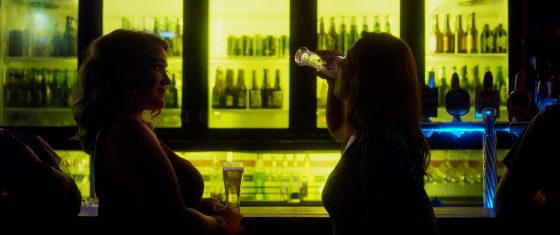
What was your intention or message you wanted to deliver with this movie? Or did you want the audience to interpret the short film on its own?
“Abduction is about victim-blaming and if audience members walk away from our film a little more empathetic or a little more open to listening to people who speak out about such things then we’ve done some good. That said, art is personal and I’m thrilled for anyone to engage in it in any way they see fit.”
How much did Covid-19 affect your work as a director and producer, especially the shot of “Abduction”?
“Abduction was fully completed not long before Covid-19 hit, so we were lucky in that respect. What it has affected are the festivals. Atlanta Film Festival was delayed quite a bit and ultimately became mostly an online experience. North Bend Film Fest has combined with other genre festivals into NIGHTSTREAM, which is also running online. It’s sad for us as we would have loved to have visited these places and engage directly with audiences, however, it’s exciting how the festivals have adapted to still give people a great experience during what are pretty tough times.”
Was it hard for you to mix two genres, science-fiction and social drama so that they fit together?
“It was definitely a challenge but it was also what excited me about the project, to begin with. From a story and thematic perspective, losing time to a date rape drug and losing time in an alien abduction share a lot of similarities so it actually came together quite organically. Seeing as we were dealing with fantastical elements, I felt it quite important to keep the film grounded. This lead to a fairly gritty style where we were handheld and intentionally pushing the camera to get a grainy image. Ultimately, stories about people though, so the focus was always the protagonist’s journey.”
Do short films make it easier or harder for you to communicate your message with the audience? Is it a disadvantage, because you tend to squeeze everything in a few minutes or rather an advantage because you only focus on the important things?
“The challenge is to not try to fit 90 minutes of story into 16 minutes, something I’ve probably been guilty of in the past. Writing a good film is hard but if you’re talking about just writing something that works, I kind of feel like features are easier than shorts in a weird way. In a feature, you can mess around a bit and still have things come together. In a short, you have to focus on things like a laser or they fall apart really fast. Luckily, our writer Frances Elliott knows what she’s doing.”
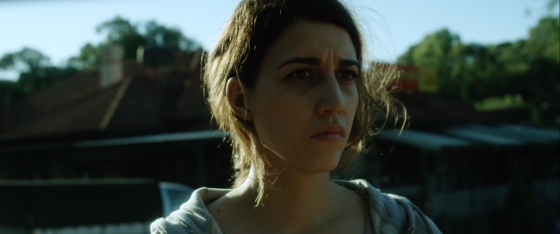
Was there a scene that was really hard to film? If so, which scene was it, and why?
“Yes, the sex scene. Or, you could call it the foreplay scene because the main character passes out before anything happens. Those types of scenes can be awkward for obvious reasons but in this one we had two competing realities going on. One where things are going normally and one where the boyfriend character is being really aggressive. We have very quick cuts of violence that seem to be in the protagonist’s head. We had to shoot a lot of footage to get these tiny little moments that were very specific but needed to be captured in a very offhand, almost accidental way. It took a long time and involved a bit of improvisation but the cast and crew were amazing.”
How is the connection between you and the crew and cast? And how did it influence your work on set?
“It was actually one of the best shoots I’ve ever had. We have a tight industry in Perth so you pretty much know everyone. In this case, it felt more like making a film with friends than colleagues. Abduction was self-funded and everyone was working for free and I was always aware of that. There were a couple of times where, because I didn’t want to go beyond our wrap time each day, that I called a scene maybe a bit early and I would have Alexandra Nell, the lead, or our DOP go, let’s do a couple more takes. It really felt like everyone was invested.”
You applied for government money to shoot Abduction but were rejected. You think it’s because society isn’t ready to deal with serious issues but would rather look away?
“You never quite know why you don’t get the money or not. Ultimately, they just liked another film over ours for whatever reason. I wouldn’t think it would be our subject matter though as the local funding body is actually quite proactive in funding worthy films and pushing diversity both on and off camera. However, on a societal scale… I would like to think we’re moving in the right direction. Metoo has clearly opened a lot of eyes but I believe we’ve got a long way to go.”
Have a look at the trailer of Abduction below!

